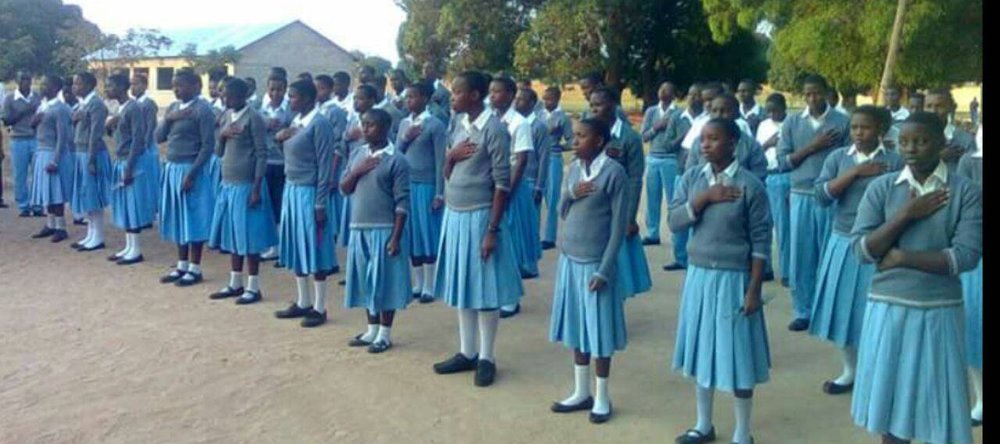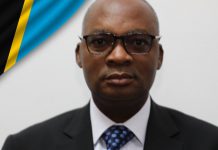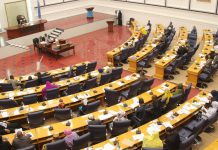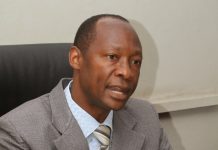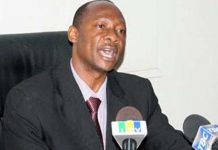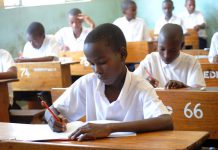Author: BERNARD LUGONGO
AfricaPress-Tanzania: HEADS of public secondary schools which posted outstanding performance in the just-released A-Level examinations results yesterday revealed factors behind the turn around.
They cited huge investments and reinstated teachers’ morale as key factors that led the schools to reclaim their lost glory.
Before the 2000s, government schools held high status, with good academic performances but such status faded from the early 2000s, as these schools began performing poorly amid mushrooming of private schools which resulted in stiff competition in the education sector.
According to education pundits, the big wave of private schools with a better learning environment outshone the public schools, a situation that convinced parents to prefer private schools over public schools.
However, in the past four years, public schools started regaining their lost glory. The latest evidence was the Form Six examinations results, released last week by the National Examination Council of Tanzania (NECTA).
Public schools outsmarted their private counterparts, with eight government schools appearing in the top-ten list.
NECTA Executive Secretary Dr Charles Msonde named the schools as Arusha-based Kisimiri, Morogoro-based Mzumbe, Tabora Girls and Tabora Boys (Tabora), Ilboru (Arusha), Kibaha (Coast), Mwandet (Arusha) and Dareda (Manyara).
Some heads of these schools spoke to the ‘africa-press’ yesterday, explaining the main factors that contributed to schools’ recovery.
Kibaha High School Headmaster, Mr Chrisdom Mwaisela revealed that the teaching and learning infrastructures have been highly improved thanks to massive investment by the government in recent years.
He said, apart from the investment, the two responsible ministries, the Ministry of Education, Science and Technology and the President’s Office in charge of Regional Administration and Local Governments, were closely supervising and following up on the developments in the schools and efficiently addressing challenges that previously affected their performance.
“Leaders in these ministries have been encouraging us and discussing with us on how to address challenges, this has given us morale. When you have a good leader who makes good supervision, certainly the output will be good,” Mr Mwaisela noted.
He added that the fifth-phase government under strong leadership of President John Magufuli has also managed to reinstall teachers’ morale after paying the latter their outstanding arrears.
“Many teachers have already received their outstanding benefits and several others have been promoted, this has re-energised the teachers,” he argued.
Mr Denis Otieno, Headmaster of Ilboru Secondary School, claimed that from 2015 the government’s schools started performing well and attributed it to improvements made in the learning and teaching environment, as well as recruitment of new teachers for subjects that seemed to have a shortage.
Mr Otieno noted that upon having better school infrastructures, the Ilboru began to embark on internal strategies, including strengthening cooperation between teachers and leaders of the schools aiming at improving performance.
“We also ensured that there was an academic competition among students in classes, this stimulated a culture of self-studying,” he explained.
Ms Lydia Mwampamba, the headmistress of Tabora Girls, attributed school better performance to teachers’ re-installed morale.
“Teachers have become hard workers, they really care about students’ performance, and they even spend extra time teaching their students,” she said.
Commenting on the matter, an education expert from University of Dar es Salaam’s School of Education, Dr Joviter Katabaro, also attributed big investments in public schools during the fifth phase government to better performance.
“This time we have seen a serious emphasis on improving education, something which has led to a better environment for both teachers and students,” remarked Dr Katabaro.


